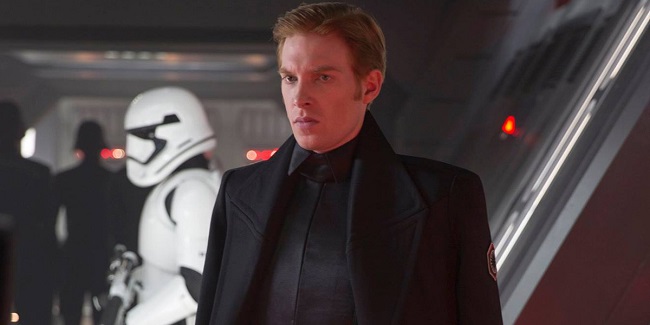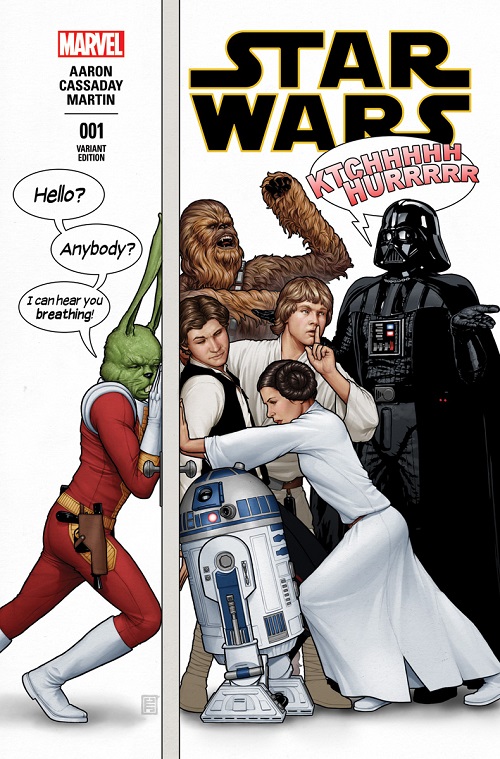 Mike: When I was first acquainting myself with the Star Wars franchise in the late nineties, the volume of Expanded Universe material I felt it necessary to catch up on was already quite daunting—most of a decade’s worth of novels and comics were already out there, and more were arriving all the time. Luckily, one huge batch of content was pretty widely regarded as not worth my time: the original 107-issue Marvel Star Wars comic series. Having run from 1977 to 1986, it was more than a decade out of print by the time I laid eyes on A New Hope, and to say the stories had fallen out of fashion during the peak of the Bantam era would be an understatement. So for a long time, I didn’t see a reason to go anywhere near them.
Mike: When I was first acquainting myself with the Star Wars franchise in the late nineties, the volume of Expanded Universe material I felt it necessary to catch up on was already quite daunting—most of a decade’s worth of novels and comics were already out there, and more were arriving all the time. Luckily, one huge batch of content was pretty widely regarded as not worth my time: the original 107-issue Marvel Star Wars comic series. Having run from 1977 to 1986, it was more than a decade out of print by the time I laid eyes on A New Hope, and to say the stories had fallen out of fashion during the peak of the Bantam era would be an understatement. So for a long time, I didn’t see a reason to go anywhere near them.
Much later, well after the prequels were over, I finally decided to give them a go. It took two tries—first in 2009 and again in 2013 after Episode VII had been announced—but I eventually worked my way through the whole series. I got to experience firsthand things I’d been aware of in some cases only by rough description (Jaxxon, Arbra, Valance the Hunter) and in other cases by their appearances in more recent EU (Zeltrons, Nagai, and of course Lumiya). Reading almost ten years’ worth of comics over a (cumulative) span of several months, the series’s evolving tone was incredibly pronounced, from the borderline slapstick of the earliest stories to the relative seriousness of the Kiro and Tay Vanis storylines to, near the end, a tenuous balance between the two extremes as the Hiromi weaseled their way into the Nagai/Tof conflict. Read More
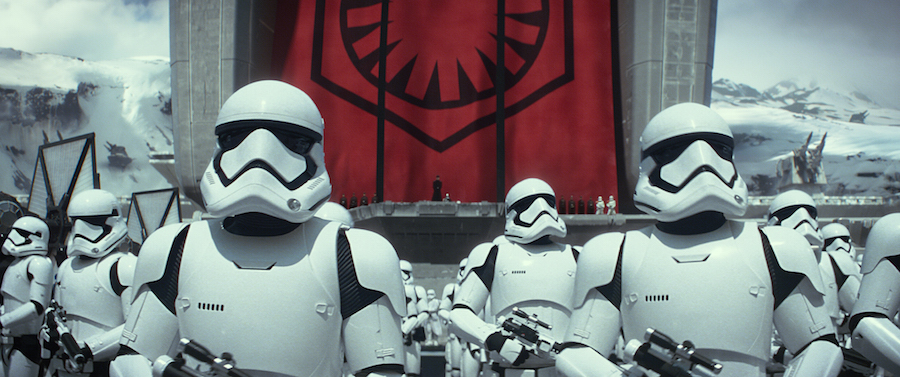
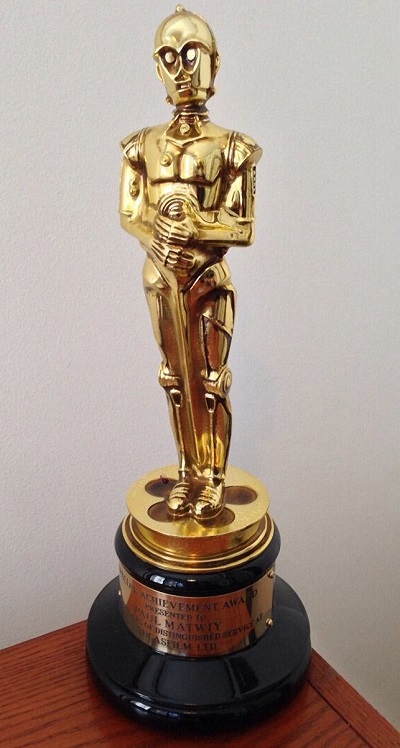
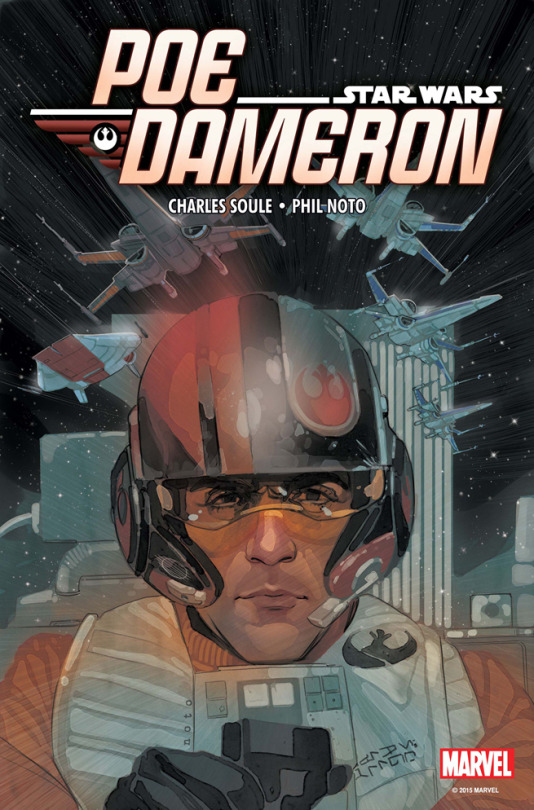 So,
So, 